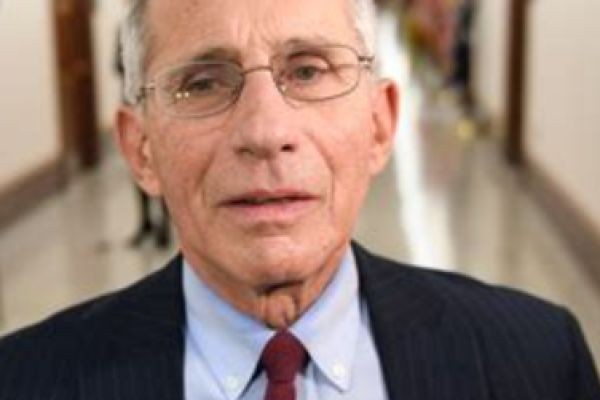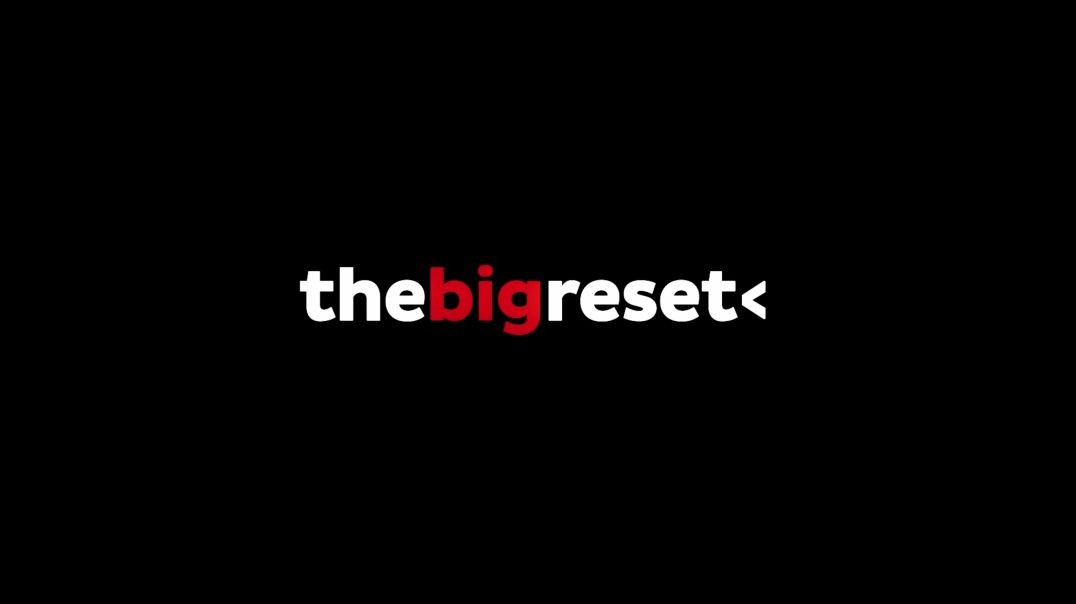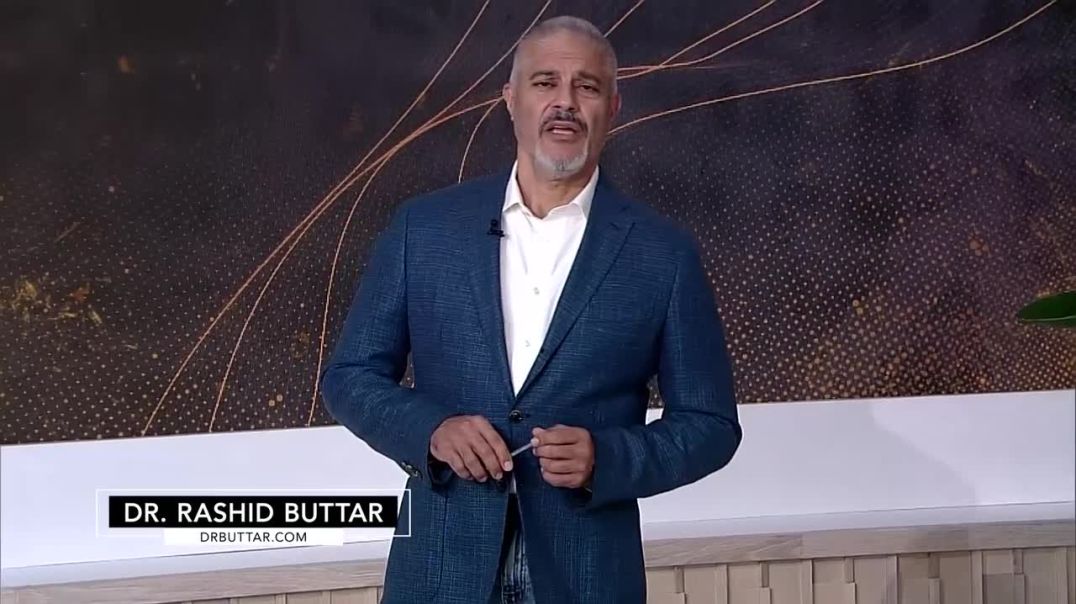by - L. Richardson
The American Civil Liberties Union (A.C.L.U.) has been at the forefront of challenging unconstitutional surveillance practices employed by government agencies like the N.S.A., F.B.I., and D.H.S. that violate cherished constitutional freedoms like privacy, free speech, and due process. In defending constitutional rights against government surveillance overreach, the A.C.L.U. Argues for transparency, public accountability, and robust protections against unwarranted government intrusion into citizens' lives.
The expanding surveillance apparatus catalogs immense troves of personal data on ordinary citizens under vague standards, an Orwellian invasion of privacy rife with abuses like barring people from jobs, travel, and financial services. This article exposes the government's determination to reject Fourth Amendment rights through warrantless surveillance tactics. It details the A.C.L.U.'s advocacy for upholding constitutional freedoms and its criticisms of the creeping surveillance state.
Government's Surveillance Tactics
Unconstitutional Intrusion into Private Lives
Government agencies like the N.S.A., F.B.I., D.H.S., and local law enforcement intrude on citizens' private communications, amassing databases of personal information and cataloging 'suspicious activities' based on vague standards. This invasion of privacy can lead to severe consequences for innocent individuals, such as being unable to board planes, barred from jobs, or shut out of bank accounts. The Foreign Intelligence Surveillance Court (FISC) found that the F.B.I. may have violated the rights of potentially millions of Americans by improperly searching through information obtained by the N.S.A.'s mass surveillance program.
Warrantless Surveillance and Abuse of Power
- The F.B.I. conducted over 3.1 million searches related to U.S.U.S. persons in 2017, compared to only 7,500 combined searches by the C.I.A. and N.S.A.
- Many of the F.B.I.'s searches were not legally justified, as they did not involve a predicated criminal investigation or proper justification.
- The F.B.I. can abuse mass surveillance data through a loophole called 'assessments,' which allow agents to investigate anyone suspected of being a potential national security threat without a warrant.
There is evidence that the F.B.I. is using a process called 'parallel construction' to secretly enter evidence from the N.S.A.'s mass surveillance program into the U.S.U.S. District Court for criminal prosecutions.
Surveillance Program / Details
Section 702 of FISA / Allows the U.S.U.S. government to conduct mass, warrantless surveillance of Americans' international communications.
PRISM / NSA program, which obtains communications directly from tech companies.
Upstream / N.S.A. program intercepting and copying Americans' international internet communications.
Section 702 has morphed into a domestic surveillance tool, with the F.B.I. and C.I.A. using the data to examine the private communications of Americans as part of criminal investigations without a warrant. The courts have failed to intervene and protect the constitutional rights of Americans, repeatedly dismissing challenges to Section 702 surveillance.
Expansion of Surveillance Powers
Alarming Expansions of Government Surveillance Authority
The House of Representatives recently passed a bill that would significantly expand the government's surveillance authority under Section 702 of the Foreign Intelligence Surveillance Act (FISA 702), enabling unconstitutional overreach and abuse. While Section 702 is meant for surveillance of non-Americans outside the U.S.U.S., it has been unlawfully used to spy on American citizens, including protesters, members of Congress, and even a state judge.
The concerning expansions in the House bill include:
- I am rejecting an amendment requiring a warrant before searching the communications of U.S.U.S. persons collected under Section 702, which would violate Fourth Amendment protections.
- Passing amendments to increase warrantless surveillance of people applying for U.S.U.S. travel authorization.
- We are redefining 'electronic communication service provider' to encompass a broader range of entities that could be compelled to assist in surveillance, such as landlords and Wi-Fi providers.
Despite claims that a warrant requirement would be too burdensome, the government insists Section 702 surveillance has minimal domestic impact - a blatant contradiction. Senator Wyden has warned there is 'no justification' for this 'vast expansion of surveillance authorities' and those believing intelligence agencies won't abuse these powers are being 'shockingly naïve.'
The Reforming Intelligence and Securing America Act (R.I.S.A.A.): A Terrifying Expansion
The R.I.S.A.A. has been described as 'one of the most dramatic and terrifying expansions of government surveillance authority in history.' It authorizes a massive expansion of government surveillance powers on domestic soil, surpassing even the expansions made under the Patriot Act. The Brennan Center for Justice has detailed how the R.I.S.A.A. expands surveillance authorities and urges the Senate to stop its passage, which would represent a significant violation of constitutional freedoms.
Abuse of Surveillance Powers
Unchecked Government Overreach and Trampling of Rights
The American Civil Liberties Union (A.C.L.U.) has challenged the secrecy of government surveillance and watchlisting practices, which violate citizens' rights to privacy, free speech, due process, and association. Similarly, the Center for Constitutional Rights (C.C.R.) has long fought against unlawful government surveillance tactics, from the F.B.I.'s COINTELPRO program in the 1970s to the dragnet N.S.A. surveillance and spying on Muslim communities today.
C.C.R. has filed numerous lawsuits to protect individuals and communities from unconstitutional government surveillance, including:
- Tanvir v. Tanzin: Challenging the F.B.I.'s abuse of the No-Fly List to coerce law-abiding Americans into becoming informants.
- Hassan v. City of New York: Exposing the N.Y.P.D.'s discriminatory surveillance of Muslims.
- C.C.R. v. Obama: Challenging the N.S.A.'s warrantless wiretapping program.
- Wilner v. National Security Agency (N.S.A.): This case seeks to stop the N.S.A.'s mass interception and search of internet communications.
Beyond litigation, C.C.R. has worked tirelessly to expose and oppose government surveillance overreach through advocacy, public education, and supporting social movements that resist the creeping surveillance state.
Citizen Welfare Impact / Government Surveillance Level
Alarmingly, in the post-9/11 era, the mass collection of data on ordinary citizens has become the norm rather than the exception, undermining democratic institutions and enabling rampant abuse of power by the government.
Conclusion
In the fight against unconstitutional government surveillance and the erosion of civil liberties, upholding the principles enshrined in the Constitution is paramount. The insidious expansion of warrantless surveillance programs and the trampling of privacy rights represent a grave threat to our democratic values. We must resist the creeping surveillance state and demand transparency, accountability, and robust protections against unwarranted government intrusion into our private lives. [Join the movement to safeguard our constitutional freedoms and reject the mockery of the Fourth Amendment by intrusive government agencies.](https://www.aclu.org/issues/national-security/privacy-and-surveillance)
The A.C.L.U., C.C.R., and other civil rights organizations have been at the forefront of this battle, challenging unconstitutional surveillance tactics and exposing the abuse of power by government entities. However, the fight is far from over, and it is incumbent upon all citizens to remain vigilant and vocal in defense of our cherished liberties. Together, we must stand against the chilling effects of Big Brother's prying eyes and prevent the normalization of a society where the government listens and tracks our every move.
F.A.Q.s
1. What does the term "Big Brother" signify?
"Big Brother" originates from George Orwell's novel Nineteen Eighty-Four and describes any authority figure who invades personal privacy or exercises excessive control, mainly through surveillance. This concept has become synonymous with government overreach and the erosion of individual privacy.
2. What does "Big Brother was watching you" mean in 1984?
In Orwell's Nineteen Eighty-Four, the phrase "Big Brother is watching you" is a recurring motif symbolizing the government's omnipresent surveillance. It conveys the government's oppressive, inescapable control over its citizens, highlighting a state of constant monitoring by an unseen, powerful force.
3. How does Big Brother control society in "Nineteen Eighty-Four"?
In the dystopian world of "Nineteen Eighty-Four," the Party, led by Big Brother, maintains strict control over the citizens of Oceania by eliminating privacy, instilling extreme loyalty through brainwashing, and asserting dominion over even the thoughts and physical actions of the populace. This is achieved through constant surveillance, notably via tele-screens placed everywhere.
4. What is the origin of the term "Big Brother"?
George Orwell coined "Big Brother" in his 1949 novel Nineteen Eighty-Four. In the book, Big Brother is the enigmatic and dictatorial leader of the totalitarian state depicted in the story, embodying extreme governmental surveillance and control.
References
[1] - https://www.aclu.org/issues/national-security/privacy-and-surveillance
[2] - https://harvardlawreview.org/print/vol-126/the-dangers-of-surveillance/
[3] - https://scholarship.law.nd.edu/ndlr/vol90/iss2/4/
[4] - https://theintercept.com/2019/10/10/fbi-nsa-mass-surveillance-abuse/
[6] - https://www.aclu.org/issues/privacy-technology/surveillance-technologies
[7] - https://www.state.gov/guiding-principles-on-government-use-of-surveillance-technologies/
[8] - https://en.wikipedia.org/wiki/List_of_government_mass_surveillance_projects
[12] - https://www.aclu.org/news/national-security/government-abusing-its-surveillance-powers-dont
[13] - https://watson.brown.edu/costsofwar/costs/social/rights/surveillance
[14] - https://ccrjustice.org/home/what-we-do/issues/government-surveillance
[15] - https://www.ischool.berkeley.edu/sites/default/files/government-surveillance-abuse-incentives.pdf
[16] - https://www.aclu.org/documents/top-ten-abuses-power-911
[17] - https://pacificlegal.org/how-the-fourth-amendment-can-protect-us-from-becoming-a-surveillance-state/
More References to Look at!
- https://www.infowars.com/posts/down-with-big-brother-warrantless-surveillance-makes-a-mockery-of-the-constitution/
- https://www.rutherford.org/publications_resources/john_whiteheads_commentary/down_with_big_brother_warrantless_surveillance_makes_a_mockery_of_the_constitution
- https://www.rutherford.org/publications_resources/john_whiteheads_commentary/the_age_of_no_privacy_the_surveillance_state_shifts_into_high_gear
- https://www.rutherford.org/publications_resources/john_whiteheads_commentary/360_degree_surveillance_how_police_use_public_private_partnerships_to_spy_on_americans
- Chamberlin, R. (1986). A philosophical investigation of political liberty and education. https://core.ac.uk/download/33133811.pdf
- Hikvision Hacked: Critical Bug Exposes 80k Cameras | Worldstar Security Cameras. https://worldstarsecuritycameras.com/hikvision-hacked-critical-bug-exposes-80k-cameras/
- Court Finds N.S.A. Collects Innocent Americans' Data Anyway - The Mac Observer. https://www.macobserver.com/link/nsa-collects-americans-data/
- A.C.L.U. Sues C.I.A., D.O.J., and N.S.A. for Records About Warrantless Spying on Americans | Common Dreams. https://www.commondreams.org/news/aclu-section-702-spying-americans
- Schooner, H. M. (2003). Central Banks' Role in Bank Supervision in the United States and United Kingdom. https://core.ac.uk/download/232606472.pdf
- (2017). United States: Wyden Statement on House Intelligence Committee Bill To Reauthorize 702 Surveillance Program. MENA Report, (),.
- Chamberlin, R. (1986). A philosophical investigation of political liberty and education. https://core.ac.uk/download/33133811.pdf
- 'I Helped Destroy People:' ex-F.B.I. agent, Terry Albury (Sept. 1, 2021) – Gang Stalking, Mind Control, and Cults. https://gangstalkingmindcontrolcults.com/i-helped-destroy-people-terry-albury-ex-f-b-i-agent-sept-1-2021/
- Peters, M. (2017). Beyond Earth's Globalization: Sociology Of Outer Space? Review of Contemporary Philosophy, 16(), 83-91.
- Chandrasekaran, H., Chandrasekaran, H., Subramani, S., & Partheeban, P. (2023). IoT- and GIS-Based Environmental Impact Assessment of Construction and Demolition Waste Dump Yards. Sustainability, 15(17), 13013.
- Crossler, R., & Posey, C. (2017). Robbing Peter to Pay Paul: Surrendering Privacy for Security's Sake in an Identity Ecosystem. Journal of the Association for Information Systems, 18(7), 487-515.














